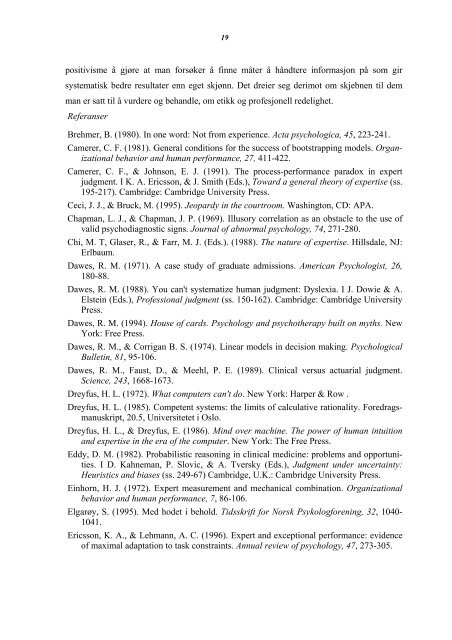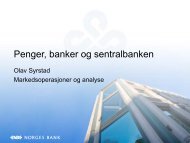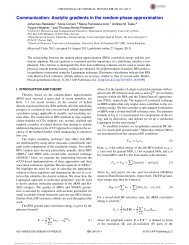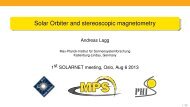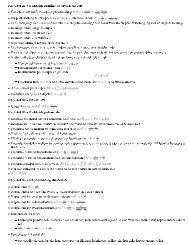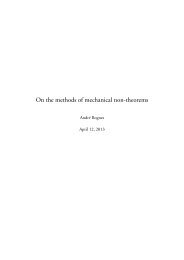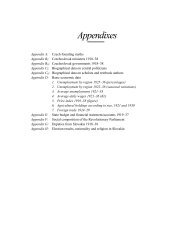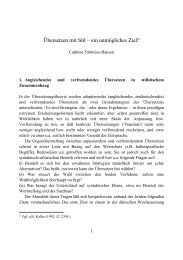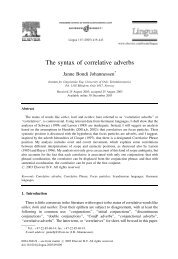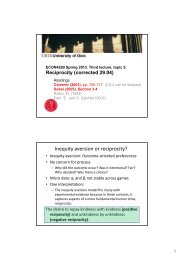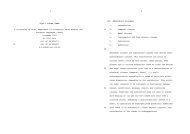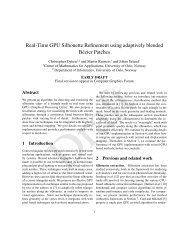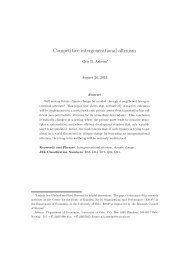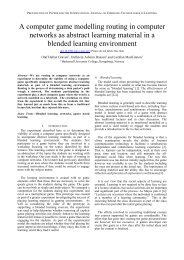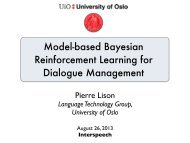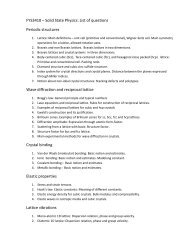Hvorfor vurderer erfarne klinikere så dårlig enda de - Universitetet i ...
Hvorfor vurderer erfarne klinikere så dårlig enda de - Universitetet i ...
Hvorfor vurderer erfarne klinikere så dårlig enda de - Universitetet i ...
You also want an ePaper? Increase the reach of your titles
YUMPU automatically turns print PDFs into web optimized ePapers that Google loves.
19<br />
positivisme å gjøre at man forsøker å finne måter å håndtere informasjon på som gir<br />
systematisk bedre resultater enn eget skjønn. Det dreier seg <strong>de</strong>rimot om skjebnen til <strong>de</strong>m<br />
man er satt til å vur<strong>de</strong>re og behandle, om etikk og profesjonell re<strong>de</strong>lighet.<br />
Referanser<br />
Brehmer, B. (1980). In one word: Not from experience. Acta psychologica, 45, 223-241.<br />
Camerer, C. F. (1981). General conditions for the success of bootstrapping mo<strong>de</strong>ls. Organizational<br />
behavior and human performance, 27, 411-422.<br />
Camerer, C. F., & Johnson, E. J. (1991). The process-performance paradox in expert<br />
judgment. I K. A. Ericsson, & J. Smith (Eds.), Toward a general theory of expertise (ss.<br />
195-217). Cambridge: Cambridge University Press.<br />
Ceci, J. J., & Bruck, M. (1995). Jeopardy in the courtroom. Washington, CD: APA.<br />
Chapman, L. J., & Chapman, J. P. (1969). Illusory correlation as an obstacle to the use of<br />
valid psychodiagnostic signs. Journal of abnormal psychology, 74, 271-280.<br />
Chi, M. T, Glaser, R., & Farr, M. J. (Eds.). (1988). The nature of expertise. Hillsdale, NJ:<br />
Erlbaum.<br />
Dawes, R. M. (1971). A case study of graduate admissions. American Psychologist, 26,<br />
180-88.<br />
Dawes, R. M. (1988). You can't systematize human judgment: Dyslexia. I J. Dowie & A.<br />
Elstein (Eds.), Professional judgment (ss. 150-162). Cambridge: Cambridge University<br />
Press.<br />
Dawes, R. M. (1994). House of cards. Psychology and psychotherapy built on myths. New<br />
York: Free Press.<br />
Dawes, R. M., & Corrigan B. S. (1974). Linear mo<strong>de</strong>ls in <strong>de</strong>cision making. Psychological<br />
Bulletin, 81, 95-106.<br />
Dawes, R. M., Faust, D., & Meehl, P. E. (1989). Clinical versus actuarial judgment.<br />
Science, 243, 1668-1673.<br />
Dreyfus, H. L. (1972). What computers can't do. New York: Harper & Row .<br />
Dreyfus, H. L. (1985). Competent systems: the limits of calculative rationality. Foredragsmanuskript,<br />
20.5, <strong>Universitetet</strong> i Oslo.<br />
Dreyfus, H. L., & Dreyfus, E. (1986). Mind over machine. The power of human intuition<br />
and expertise in the era of the computer. New York: The Free Press.<br />
Eddy, D. M. (1982). Probabilistic reasoning in clinical medicine: problems and opportunities.<br />
I D. Kahneman, P. Slovic, & A. Tversky (Eds.), Judgment un<strong>de</strong>r uncertainty:<br />
Heuristics and biases (ss. 249-67) Cambridge, U.K.: Cambridge University Press.<br />
Einhorn, H. J. (1972). Expert measurement and mechanical combination. Organizational<br />
behavior and human performance, 7, 86-106.<br />
Elgarøy, S. (1995). Med ho<strong>de</strong>t i behold. Tidsskrift for Norsk Psykologforening, 32, 1040-<br />
1041.<br />
Ericsson, K. A., & Lehmann, A. C. (1996). Expert and exceptional performance: evi<strong>de</strong>nce<br />
of maximal adaptation to task constraints. Annual review of psychology, 47, 273-305.


